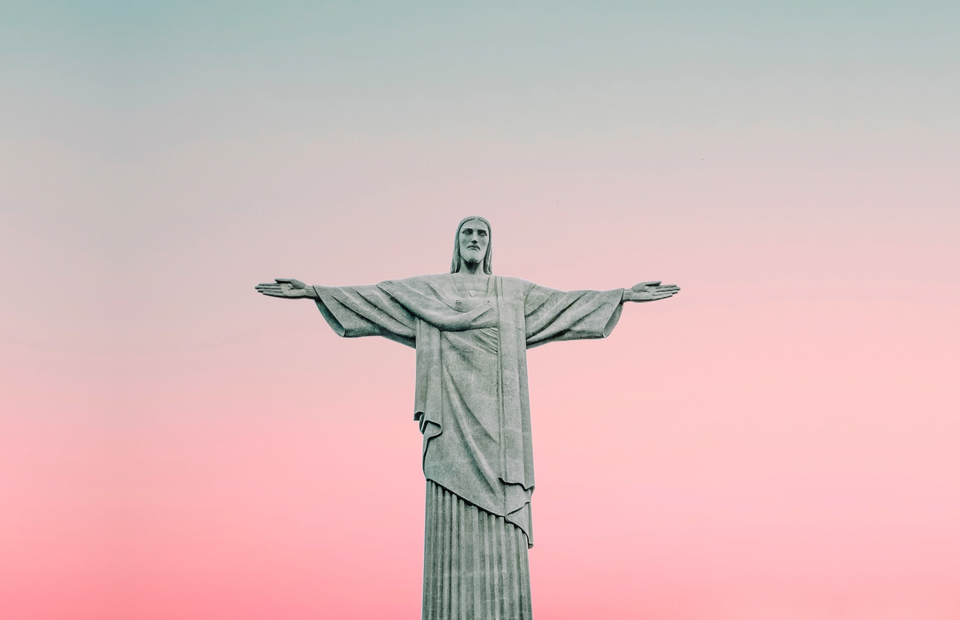We’re all Brazilians now

Tens of thousands of Brazilians protested in the streets of 40 cities on July 3, voicing their disapproval of President Jair Bolsonaro. One day earlier, Brazil’s highest court had ordered an investigation of Bolsonaro’s involvement in a possibly corrupt deal to import Covid-19 vaccines from India. Bolsonaro—who’s repeatedly railed against homosexuality, endorsed political violence, and lavished praise on the former U.S. president Donald Trump—came to power in 2018, as populists with authoritarian aspirations strengthened their control over democracies around the world, including Jaroslaw Kaczynski in Poland, Narendra Modi in India, Rodrigo Duterte in the Philippines, and Recep Tayyip Erdogan in Turkey. Does Bolsonaro’s weakened position show new vulnerabilities in authoritarian populism globally?
Oliver Stuenkel is a professor of international relations at the Getulio Vargas Foundation in São Paolo. Stuenkel says Bolsonaro is on the defensive because of multiple corruption allegations and Brazil’s tattered economy. Populists worldwide have meanwhile fumbled their handling of the pandemic; Brazil has the second-highest official death toll from Covid-19 and is on pace to pass the United States; and Trump’s failures responding to the pandemic in the U.S. have become a key liability against his reelection chances. The keys to limiting the authoritarian tendencies in contemporary populism, Stuenkel says, are the key institutions of democracy: free media that can report on government performance and free elections that allow voters to change course when leaders fail to deliver …
Michael Bluhm: How do Bolsonaro and Brazil fit into the global rise in authoritarian populism?
Oliver Stuenkel: Brazil is in every text on this subject because of how explicitly Bolsonaro embraced authoritarian ideas as a candidate, which makes Brazil a bit different from countries like Turkey, where you initially did have support even from the international community [for President Recep Tayyip Erdogan], and then these leaders slowly became more authoritarian.





